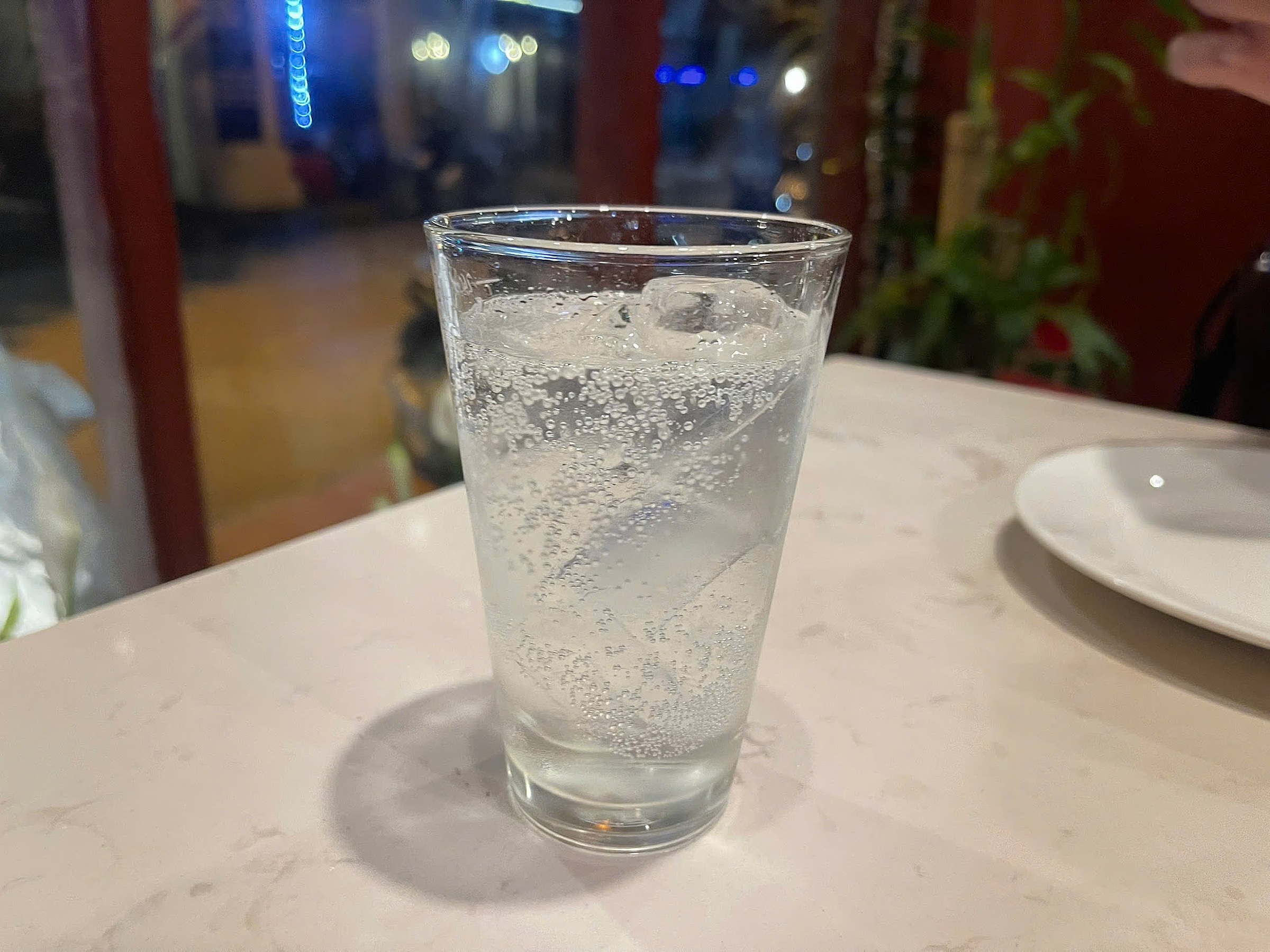Doctor Tran Quoc Viet, a cardiologist at Tam Anh General Hospital in Hanoi, shared this information, adding that if not well-controlled, high blood pressure can lead to stroke, heart attack, heart failure, and kidney failure.
Consuming too much or too little salt: Excessive intake of hidden salt in sauces, canned goods, and processed foods is detrimental to health. Eating more than 5 grams of salt daily can lead to high blood pressure, water retention, edema, and strain on the heart and kidneys. However, a consistently low-salt diet is also not advisable, as it can lead to electrolyte imbalances and reactive hypertension—a temporary increase in blood pressure due to nervous system and fluid stimulation, often linked to circumstances like mental stress and high-intensity physical activity.
Instead of eliminating salt entirely, Doctor Viet recommends consuming a maximum of 5 grams of salt per day (equivalent to 2 grams of sodium), prioritizing natural sodium from vegetables, and limiting processed foods.
Consuming many sugar-free, low-fat foods: Many people use sugar-free drinks, skim milk, and low-calorie snacks to control weight and blood pressure. However, some of these products contain artificial sweeteners or hidden sodium (like sodium bicarbonate and sodium benzoate) that can raise blood pressure with regular consumption.
Completely eliminating unsaturated fats, which are beneficial for cardiovascular health, can affect endothelial function, reduce arterial elasticity, and contribute to high blood pressure. Individuals should prioritize fresh, minimally processed foods rich in potassium, magnesium, fiber, and healthy fats like olive oil, nuts, and avocados. Carefully reading nutritional labels before purchasing is also important.
Drinking too much water: Doctor Viet explains that while drinking water helps detoxify and benefits cardiovascular health, exceeding the kidneys' filtration capacity can cause water to accumulate in blood vessels and interstitial tissues, increasing blood pressure. Daily water requirements for adults range from 1.5 to 2 liters, depending on individual weight, activity level, and weather. Those with medical conditions should consult their doctors for specific recommendations to avoid hemodynamic disturbances caused by excessive water intake.
 |
Drinking excessive amounts of water, beyond the kidneys' filtration capacity, overloads the circulatory system. Photo: Ly Nguyen |
Overexercising: Regular exercise helps control blood pressure effectively, but overexertion can be counterproductive, especially for those with underlying cardiovascular conditions. During excessive exertion, the heart pumps blood more forcefully to meet oxygen demands, causing a temporary increase in blood pressure. In individuals with hypertension or at risk of heart disease, this can lead to complications like arrhythmias, heart attacks, and strokes.
Doctor Viet advises individuals with high blood pressure to engage in moderate-intensity exercise like brisk walking, light cycling, or swimming for 30-45 minutes daily, 5 days a week. They should avoid HIIT (high-intensity interval training), heavy lifting, or strenuous exercise without a doctor's recommendation. Exercising close to bedtime (8-10 PM) stimulates the sympathetic nervous system, leading to a faster heart rate and a slight increase in blood pressure. It's better to exercise in the morning or afternoon, at least 2-3 hours before sleep. Individuals should start with gentle exercises like walking or yoga and gradually increase intensity under professional guidance, avoiding overexertion to protect their cardiovascular system.
Chronic sleep deprivation: Prolonged lack of sleep can increase the risk of hypertension by affecting the sympathetic nervous system, causing vasoconstriction and increased heart rate. However, oversleeping on weekends or taking fragmented naps throughout the day disrupts the circadian rhythm, leading to unstable blood pressure. Oversleeping doesn't compensate for the negative impacts of chronic sleep deprivation on blood pressure and metabolism.
Doctor Viet recommends getting enough sleep at regular times to allow the cardiovascular system to recover and regulate blood pressure. Afternoon naps shouldn't exceed one hour to avoid disrupting the circadian rhythm. Those who take long naps but still feel tired might have sleep apnea, a risk factor associated with high blood pressure.
Adults should nap for 15-30 minutes between 12 PM and 2 PM. Maintaining a consistent sleep schedule, getting 7-8 hours of sleep each night, avoiding stress, and following a regular lifestyle helps stabilize blood pressure and improve cardiovascular health. Doctor Viet notes that hypertension is a chronic condition that can be managed through lifestyle changes, regular checkups, and adherence to medical treatment.
Ly Nguyen
| Readers can submit questions about cardiovascular diseases here for doctors to answer. |












